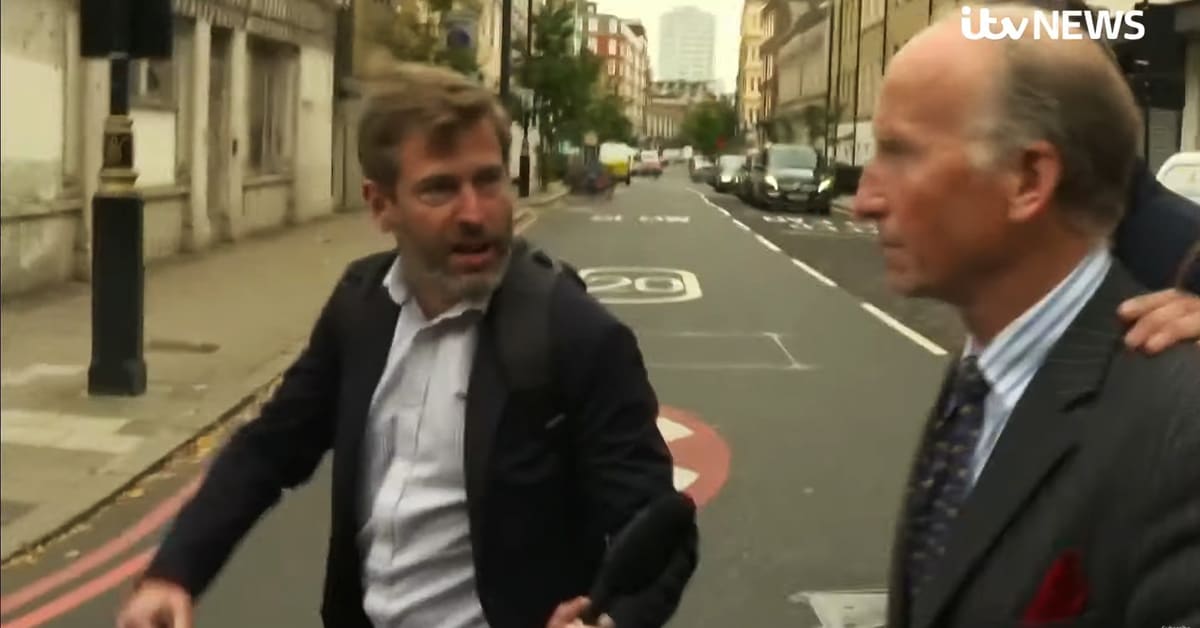The Times reported on 11 February that senior police officer Matt Longman has described illegal hunting as “prolific”. Longman is a commander of Plymouth Police and, more relevantly, National Police Chiefs’ Council (NPCC) lead for “Fox Hunting Crime”.
The newspaper went on to report that Longman wants:
“police forces to work with the “volunteers” who monitored hunts so they [the volunteers] could learn how to provide the kind of evidence, such as unedited and timestamped footage, that could lead to successful prosecutions.”
The article came after a week that saw the Avon Vale Hunt exposed by the Hunt Saboteurs Association (HSA) and ITV News for digging out foxes, then suspended from hunting’s governing body as a result, and the subsequent arrests of three members for the incident. The fracas even saw Longman publicly commending Wiltshire Hunt Saboteurs, tweeting:
“You’ve played a significant part in starting an investigation here. I’d like to publicly thank you for reporting it, and for the volunteer role you have played on this occasion to catch criminals”
Yes @WiltsHuntSabs I’m watching.I can’t reply to every message, but respond to many. You’ve played a significant part in starting an investigation here.I’d like to publicly thank you for reporting it, and for the volunteer role you have played on this occasion to catch criminals
— Plymouth Police Commander (@Matt_Longman_) February 9, 2023
Speaking to the Times, Longman was careful to say that “not… all hunts” are involved in criminal activity, but that “it is common”. He said this opinion was based on:
“the intelligence we get, the footage circulated online and sent to forces, the number of successful prosecutions but also the number of unsuccessful ones which still reach the courtroom”
Organised crime groups
Longman’s statement reveals a sea change in the way that police understand hunting across England and Wales. While the Hunting Act made the activity illegal in 2005, hunt saboteurs and monitors have consistently reported hunts continuing to chase and kill wildlife ever since. However, police response to the claims has often been slow or dismissive. But this appeared to change following the conviction of Mark Hankinson.
Hankinson was convicted for his role in Hunting Officer webinars leaked by the HSA in November 2021. He was, at the time, the chair of the Master of Foxhounds Association. Judge Tan, who convicted Hankinson, said in his conclusion that:
“I am sure that the Defendant through his words was giving advice on how to illegally hunt. … It was clearly advice and encouragement to commit the offence of hunting a wild mammal with a dog. I am sure he intended to encourage the commission of that offence.”
Hankinson’s appealed the conviction and was ultimately successful in July 2022. The appeal judges determined that what Hankinson said in the webinars had multiple interpretations. As a result, they didn’t believe the videos met the criminal standard for encouraging illegal hunting.

Nonetheless, the blow appeared to already have been dealt. Blog Wild Mammal Persecution UK (WMPUK) had written in February 2022 that:
“two police forces in England and Wales are now treating hunts operating in their areas as Organised Crime Groups (OCGs)”
While the news seemed to come and go with little fanfare at the time, the ensuing 12 months appeared to bear the claims out. Court cases against hunts have had a huge upswing, including a number of successful convictions, while police forces seem to take claims of illegal hunting more seriously in general. This is seen, for example, in the joint operation between the RSPCA and local police forces to raid the properties of terriermen across southern England.
Writing on the wall
Scotland has chosen to ban hunting completely, based on its own experiences and those from across England and Wales. Now police across those two nations appear to take hunting as a form of organised criminality seriously.
This is seen in Longman’s comment, and even in the review of North Wales Police’s enforcement of the Hunting Act that, for all its faults, nonetheless rested on a belief that hunts often act illegally. How long is it, then, until the hunting industry in England and Wales is finished too?





